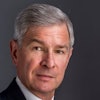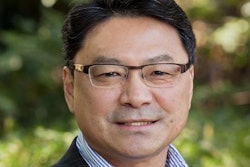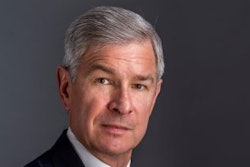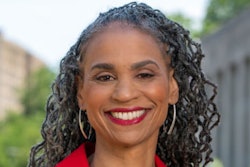When a highly selective institution garners an enviable diversity record as that found at The University of Virginia change at the top is bound to raise concerns. But those familiar with the school’s new president say those concerns are unwarranted.
With a Black enrollment rate of nearly 9 percent and a Black graduation rate of 86 percent, according to UVa. data, the Charlottesville-based school has become the nation’s student diversity success standard bearer. With the appointment this week of University of Michigan Provost Dr. Teresa Sullivan as president the question becomes can the university sustain its diversity record?
“I wouldn’t even raise such a question,” said Dr. Clifton Wharton, who became the first African-American president of Michigan State University in 1970. Wharton mentored Sullivan at Michigan State.
“At the time I initiated a mentoring program that I called the Presidential Fellows Program and she was one of participants,” he said. “Over a period of two years from 1970 through 1972 the participants shadowed every thing I did except those activities involving personnel matters. Terry was one of the fellows. She was outstanding and had a wonderful level of intelligence.”
Of the 13 fellows, four have become college presidents. Sullivan assumes the UVa. presidency Aug. 1. Before her appointment at Michigan, Sullivan spent 27 years at the University of Texas at Austin and was named executive vice chancellor for academic affairs for the UT system in 2002.
Dr. Lester Monts, senior vice president for academic affairs at the University of Michigan, has worked directly with Sullivan over the past three-and-a-half years at the Ann Arbor campus.
“We worked on a blue-ribbon panel on diversity issues. With the diversity limitations imposed by proposition II we had to come up with ways to limit its impact,” he said.




















